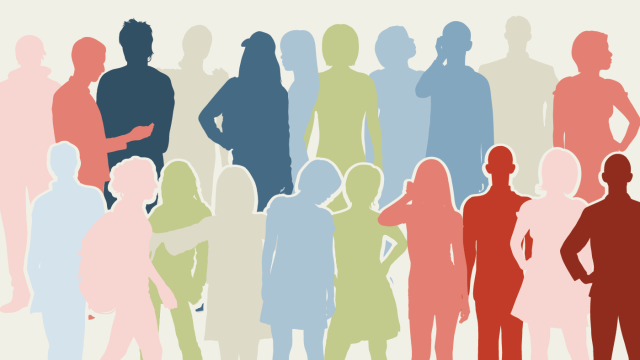


5 ways Americans and Europeans are different
Americans and Europeans often have different perspectives on individualism, the role of government, free expression, religion and morality.

Americans’ views of immigrants marked by widening partisan, generational divides
Between 1994 and 2005, Republicans’ and Democrats’ views of immigrants tracked one another closely. Beginning around 2006, however, they began to diverge.

Candidates who don’t win on first convention ballot usually go on to lose
In 11 of the 18 conventions since the Civil War that went more than one ballot, the first-ballot leader ended up losing the nomination to someone else.

Apprehensions of Mexican migrants at U.S. borders reach near-historic low
This change comes after a period in which net migration of Mexicans to the U.S. had fallen to lows not seen since the 1940s.

High-income Americans pay most income taxes, but enough to be ‘fair’?
By design, wealthier Americans pay most of the nation’s total individual income taxes.

Religion in Everyday Life
A new Pew Research Center study of the ways religion influences the daily lives of Americans finds that people who are highly religious are more engaged with their extended families, more likely to volunteer, more involved in their communities and generally happier with the way things are going in their lives.

The biggest U.S. tax breaks
The hundreds of exemptions, deductions and other breaks embedded in the tax code will cost the federal government more than $1.3 trillion this fiscal year.

Restrictions on Women’s Religious Attire
Many countries have laws that ban or limit women from wearing religious attire in public places. By comparison, far fewer countries require women to wear particular types of attire for religious reasons.

Voters have a dim view of primaries as a good way to pick the best candidate
Just 35% of voters say that the primaries have been a good way of determining the best- qualified nominees.










